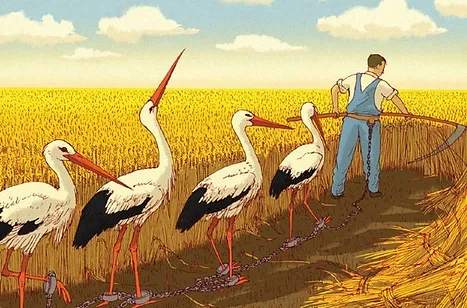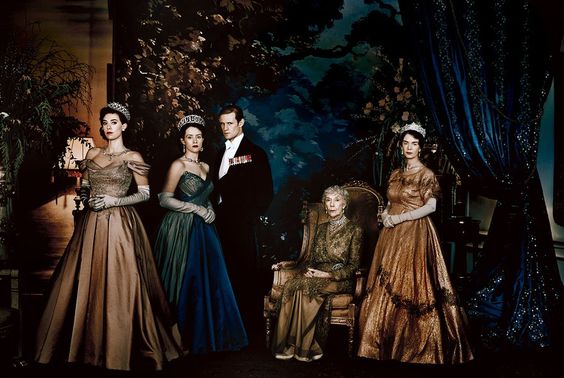
Boomer Professors vs Millennials: Who should be teaching who? Boomer Professors vs Millennials: Who should be teaching who?

Can we separate someone’s profession from their personality and life views, especially when they work in education? If those opinions are about denying someone else’s basic human or educational rights, such as homophobia, racism, sexism, transphobia, ableism; and these opinions cause discrimination during education, those opinions cannot be categorized as a personal view. After all, people mark their contributions to the fields with their names as we see when we talk about Newton physics or Aristotelian logic. The same goes for the teachers: they put their mark on what they teach so that we mention our professors or ask our friends about theirs. Teachers not only introduce us to the topics at hand but open a gate to the past with their behaviors, education, and worldviews. And it leaks. It leaks to the class itself but also to our understanding of academia, work-life, and adulthood. We conceive of them as more objective figures compared to our parents: we were able to observe and conclude that our parents came with lots of biases. But it is hard to separate what is right from what is wrong in a person qualified to rate you. With generation fights, however, a distinction between professors and students seems to rise up: one belongs to that of boomers and the other to millennials in most cases. Lots of things happened in between these two generations and basic definitions of justice have shifted prominently. Thus a question follows: Should professors catch up with our time? Do they have more responsibility in doing so, given that they work with students? And more simply: should professors be woke?
This needs some explanation. Woke does not always refer to the Millennium generation. It is true that they made it a trend but the term itself has a long history that even precedes boomers. It first appeared in Abraham Lincoln’s speech and later turned to a movement called Wide Awakes in the 1860s.1 The movement opposed slavery and fought for racial justice. It is as to how W.E.B. Du Bois used double consciousness in his writings regarding racism: only those that are subject to discrimination can have this point of view to society. And this is where the conflict is most of the time. Boomers have been on this earth simply much more than Millennials. They have wisdom but also presuppositions of how things are and should be. Whereas Millennials have been exposed to so much change individually and politically. But does it give rights to a whole generation to own a term and judge if someone is woke or not? Can we even compose single individuals into two categories based on just their age, disregarding their ethnic backgrounds, cultures, countries, and other differences? If we think that the term rose from African Americans to oppose racism, can we put a white and black individual into the same categories whether they are a boomer or not? Generation conflict will be on earth past Millennials and for solid reasons, but “being woke or not” cannot be constrained to only age.
The same goes for professors. Simply put, they are role models for most students; especially in their first year, before they develop their judgmental skills and go through all the nasty situations almost necessary to university life. They also affect the subjects they teach. They are there to change us whether it be the classes they teach or mentoring they do occasionally. But they are human and not outside of history. They are even necessary for us to understand that the world changes with us too. They are the links to our mistakes as species and force us to contemplate how we should act in those grey areas. And there are many grey areas in life. Does it mean that we should just accept it? Of course not. Does it mean that we should allow injustice on our campus if we see it? Definitely not. But we should keep in mind that it is not always boomers that these wrong acts come from. And finally, can we conclude that boomer professors are useless? That would unfortunately mean eliminating lots of historical figures that contributed to our development but were just simply wrong in their personal beliefs. On their part, the non-woke professors should be able to take criticism and open to improve and change their ideas. Least of all, they are educators, they should be aware of the fact that they need that social education to enhance their abilities and relationship with students. Most important of all, they should not let their pride get the best of them, it is indeed a very noble act to be aware of your own mistakes and own outdated opinions and to take action to advance them.
On Millenials’ part, being woke comes with responsibility, and improving oneself always comes with more responsibility. It is up to those who are woke to make use of those that are not. You cannot just abandon society and labeling changes not much. But knowing that every figure is controversial and can be corrected in some way (and legally if it is necessary) can help when forming opinions or even taking action about professors. Eventually, both parties should keep in mind that communicating and being open to change is the key to agreement and improvement.
https://www.wikiwand.com/en/Woke#/History




